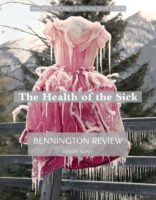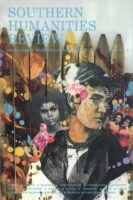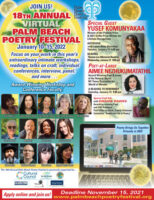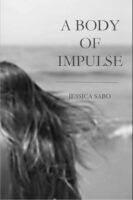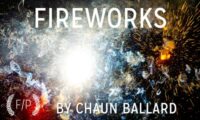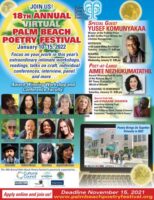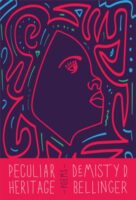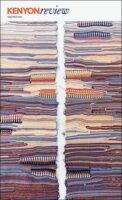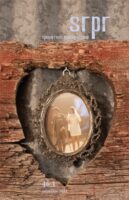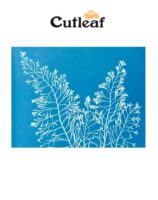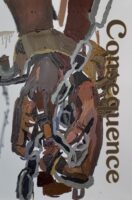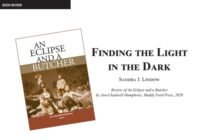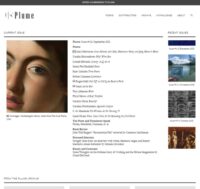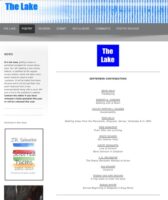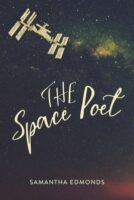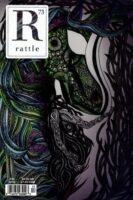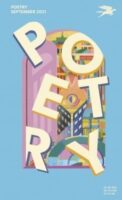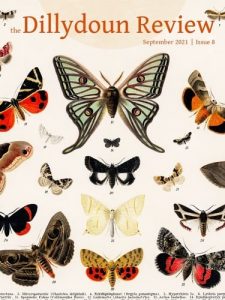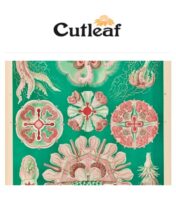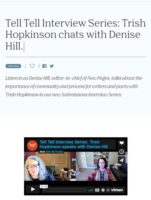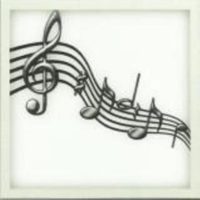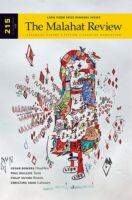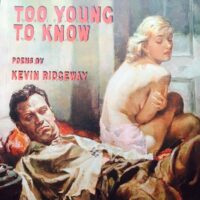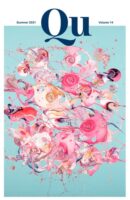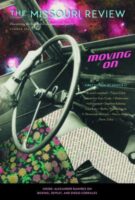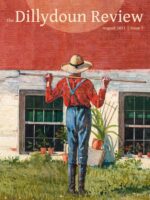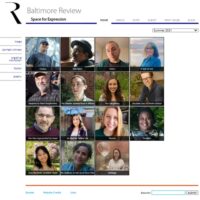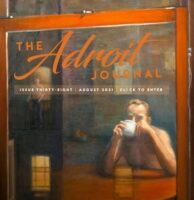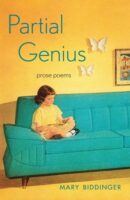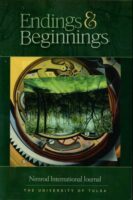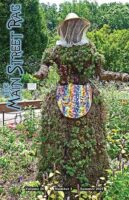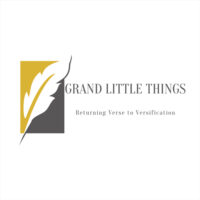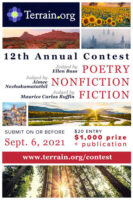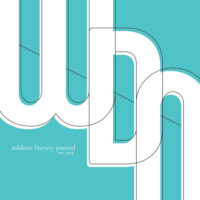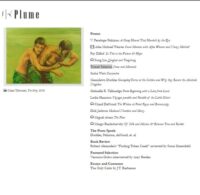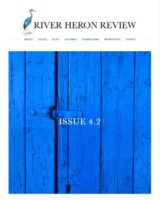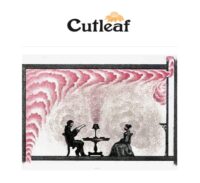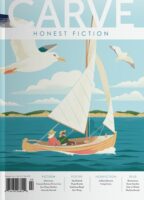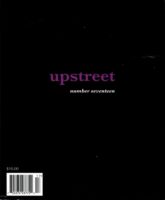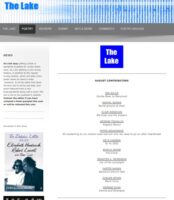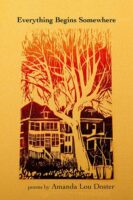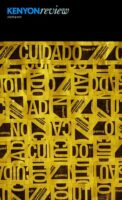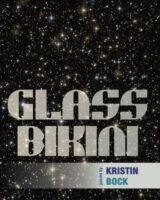 Guest Post by Susan Kay Anderson.
Guest Post by Susan Kay Anderson.
From Bock’s poem, “My Father’s Paintbox” grief could bite, then, could devour, even with the greys and mixed silvers of a wolf pelt, its coat.
The color of grief is wolf
There is a lot of snow and ice and coldness in this book, too, though, so the title could refer to something smooth and frozen, liquid which was once flowing and now locked. Tears?
The color of grief is wolf
A small, squarish book that fits well in the hand. Yes, the title caught my eye, too, fairytale talk but larger, with a cover depicting the night sky, so instantly we are transported to the realm of Star Trek and other space ports, like Duncan Jones’ Moon movie. Plus, I love prose poems and these make up most of Glass Bikini. I also love sadness and sad writing. Endlessly interesting and endless like space (we think).
Never, ever, fall in love
with a bird. I’ve come to know the difference
between sadness and grief. Sadness
is the knell of a bell on a buoy at night
(from “The Island Of Zerrissenheit”)
This poem could definitely rip you in two. This whole book could but it is glassed over; it is smooth in appearance because of the prose poems and a few poems which are in lines. Things are smooth until something comes out and grabs you because
The color of grief is wolf
In “Field Trip To The White House,” a school excursion turns nightmarish as the Gingerbread Man hides in “dim corridors” waiting to catch children with its “dripping red mouth.”
It is hard to stay away from this book. I know I should . . . yet . . . maybe the horrific breaks up the sadness? This could be.
Glass Bikini by Kristin Bock. Tupelo Press, December 2021.
Reviewer bio: Susan Kay Anderson’s books are Mezzanine and Please Plant This Book Coast To Coast. Her poems are in recent issues of Heron Tree and forthcoming in Barrow Street, Interim, and Wild Roof Journal.
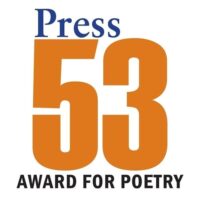 Congratulations to the winner and finalists of the Press 53 Award for Poetry.
Congratulations to the winner and finalists of the Press 53 Award for Poetry.

